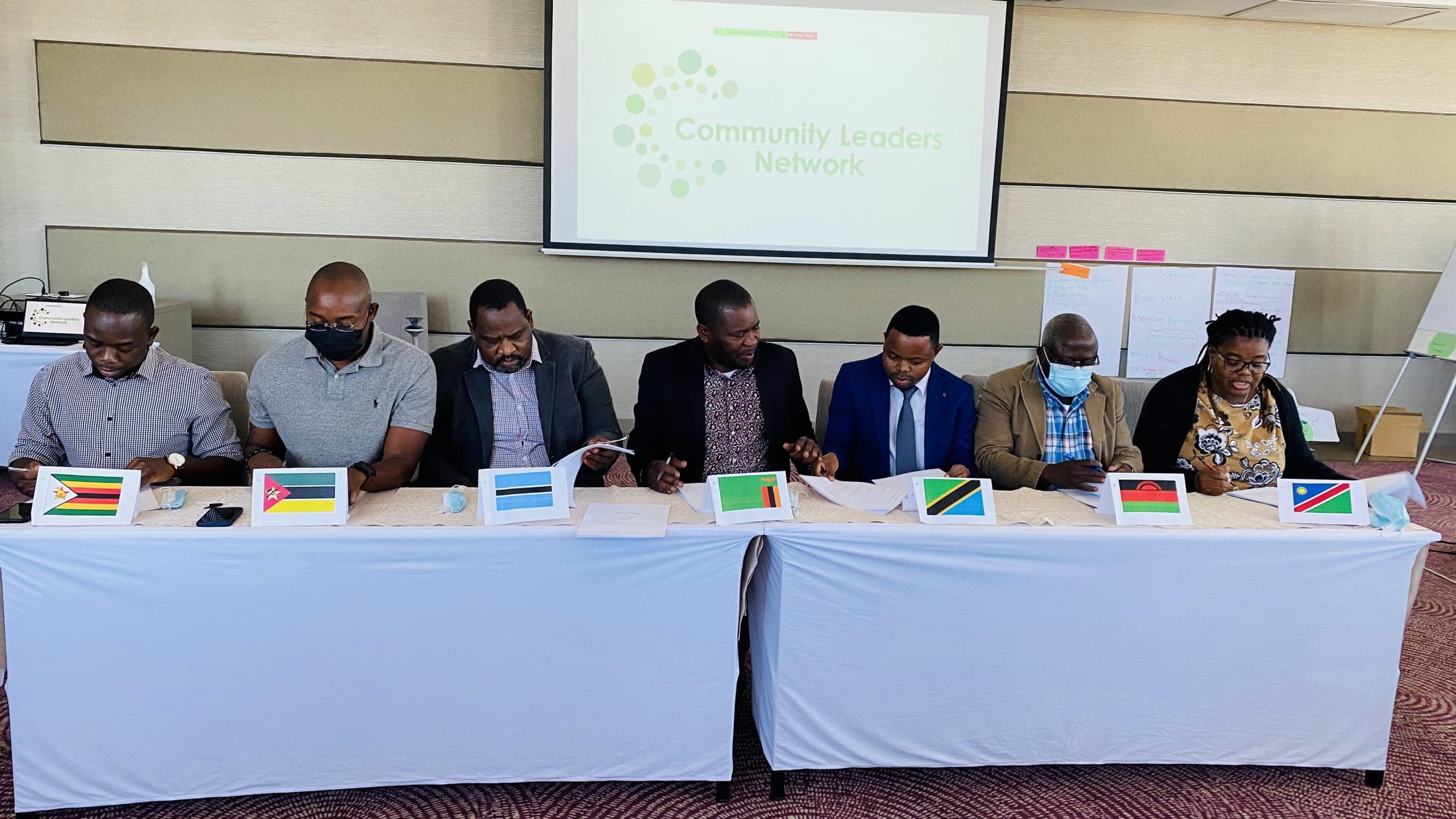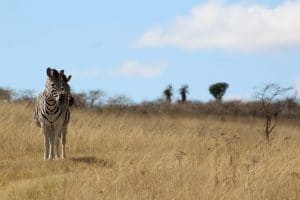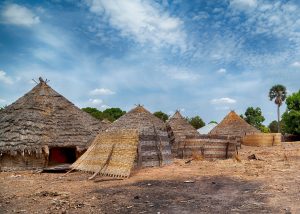Founder members of the Community Leaders Network of Southern Africa (CLN) met in Namibia’s capital city, Windhoek at Avani Hotels from 18-22 October to formalise the network.
The five-day workshop brought together representatives of local communities involved in Community Based Natural Resource Management (CBNRM) from Zambia, Namibia, Malawi, Zimbabwe, Tanzania, Botswana, and Mozambique, as well as support and technical staff from Resource Africa and the Southern Africa Trust to engage in deliberative discussions on amplifying community voices on natural resource management. Members of the Community Thought Leaders network and community members involved in CBNRM in Namibia also participated in the workshop.
The network includes several southern African countries and was formed two years ago as a movement to promote the rights of local communities to manage and use their natural resources sustainably and to strengthen national CBNRM programmes.
The delegates had important tasks at hand: discuss the legal and governance structures of the organisation, adopt the constitution, create a clear road map for the network, and elect the management committee members to implement these plans. They also reviewed their vision and mission and crafted objectives and key activities that will steer the network in the right direction.
After some thought-provoking deliberations, the delegates decided to register the CLN as a non-profit voluntary association of National CBNRM Associations, Community-Based Organisations (CBOs) and Civil Society Organisations (CSOs). Now that it is a legal entity, the CLN will strengthen the national CBNRM programmes within southern Africa and amplify the voices of millions of local communities through participation in policy negotiations, development, and implementation processes. This is to ensure informed decision making at all levels of governance that reflects the needs and rights of rural communities to manage and benefit from their natural resources. Academic research institutions, other non-governmental organisations and interested individuals are also welcome as associate members.
The CLN Executive Committee members
The newly elected executive committee are as follows: Dr Rodgers Lubilo, Chairperson; Charles Jonga, Vice-Chairperson; Maxi Louis, Secretary; Siyoka Simasiku, Treasurer. Other members of the Executive Committee are José Monteiro, Malidadi Langa and Mohamed Kamuna. In addition, four other members with specific expertise can be appointed to the committee. Together they will oversee and monitor the objectives of the network and facilitate decision-making.
It was great to see the commitment of the countries in making sure that CLN becomes a legal institution and a voice for the people on the ground. The vision is to have resilient local communities in southern Africa whose rights to manage natural resources on their land are respected nationally, regionally, and internationally.
“CBNRM issues are not necessarily confined to country level, we are dealing with challenges such as habitat loss, wildlife movement on a landscape level and livelihoods dependent on natural resources management; these are transboundary issues that are unique to all countries and need to be tackled regionally.” Jose Monteiro, Coordinator for the CBNRM Network in Mozambique.
CBRNM is based on the idea that granting rights to local communities to manage and utilise their natural resources sustainably will generate benefits and enhance their livelihoods, thus incentivising long-term conservation. The CLN will actively support CBNRM policies and practices within southern Africa, while increasing community advocacy and participation in decision making about their natural resources on international platforms.
Some of the key activities that the association aspires to undertake are: 1) engaging in knowledge sharing and lesson learning; 2) collaboration and cooperation among members through dialogue and exchange; 3) capacity building of community representatives to engage with policy-making processes at national, regional, and international levels; and 4) knowledge generation and dissemination regarding CBNRM and community rights to raise awareness among varied external audiences.
“Communities play an important role in the conservation of wildlife and other natural resources. Once they have the platform to have their voices heard, we will start to see a change in the way conservation is done and the impact of conservation on wildlife and local communities” Moreangels Mbizah, Executive Director of Wildlife Conservation, Zimbabwe.



